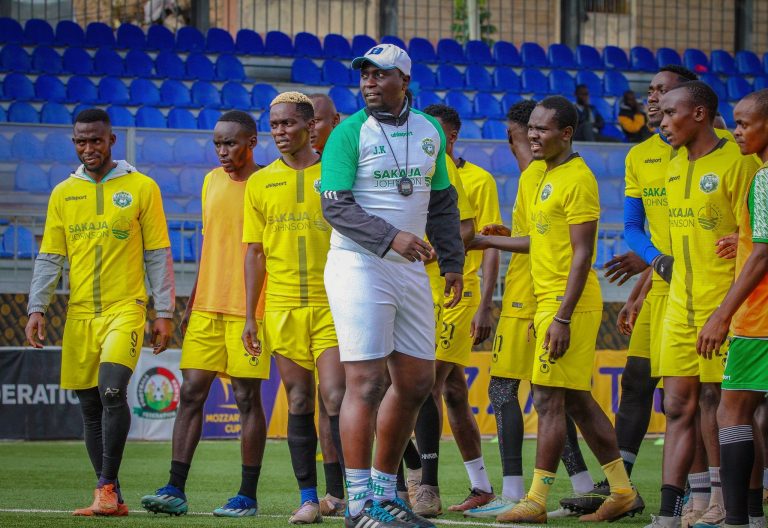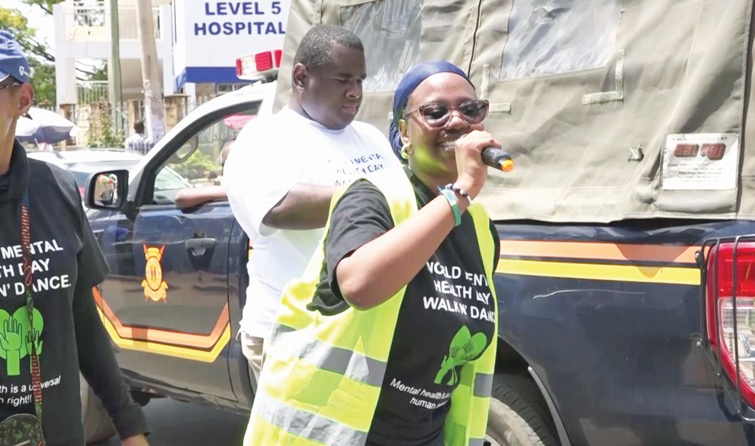Lack of data hinders fight against mental illnesses
By George.Kebaso and Mathew.Ndungu, October 9, 2023Recent social, political and economic activities such as the rising poverty levels; chronic diseases and violence instigated by successive election outcomes, have increased chances of the country swimming in a muddy pool of mental health challenges, a health and wellness advocate has said.
Charity Muturi, a mental health advocacy expert said lack of a targeted national survey on mental health problems has been hurting efforts aimed at tackling the challenges this poses.
“It is a time bomb,” she described the situation of mental health challenge in the country, whose main risk factors are not being addressed appropriately.
For instance, she observed that without specific data – on people suffering trauma from post election violence, where some Kenyans lost their loved ones, and survivors of Gender-Based Violence, Female Genital Mutilation, households that fell into poverty due to chronic illnesses, and in some instances, fatigue from overworking – the current efforts will not bear desired results.
“We are usually relying on global statistics that are really not specifically helpful to the required local interventions,” she said. In an interview with People Daily, Muturi said it would be prudent for the country to have a real picture of mental health challenges, to be able to plan and execute targeted interventions with precision.
“It is not a fallacy anymore that about 40 per cent of inpatients in our health facilities are likely to have a mental health challenge,” she noted. Muturi has since called on the government to implement the National Taskforce on Mental Health’s recommendation for a targeted national survey. On July 2020, after the Taskforce on Mental Health in Kenya 2020 by the Ministry of Health traversed the country, it concluded that the common mental illnesses in the country are depression and suicide, substance use disorder, bipolar disorder, schizophrenia, and other psychosis.
Policy advisor
In view of this, the taskforce, headed by psychiatrist Dr Frank Njenga, and which Muturi served as a key policy advisor, made a recommendation that there be a national survey that can bring out the true picture of mental health in the country.
Some of the data being used currently is that of the World Health Organisation , which estimates that globally one out of every four people will be impacted by poor mental health or mental illness at some point in their lives.
In Kiambu, yesterday, mental health champion organisations noted with concern that the conditions are hardly given the attention it deserves.
Organisations stressed the need to raise a collective voice for mental health – advocating for a society that is compassionate, supportive, and understanding.
Speaking during the World Mental Health Day walk in Thika, the mental health champions, led by Wanjiku Manyara of Kimbilio-Space of Sikia Limited, they regretted that mentally ill persons still lack quality avenues to speak out their challenges, a trauma that often result into suicides.
Manyara regretted that the situation has been worsened by growing stigmatisation of mentally ill persons, most of whom are fingered for high uptake of drugs.
She noted the need to particularly de-stigmatise mental illness, devolvement of mental illness treatment and further promote adherence of human rights for all within the country,
Her sentiments were echoed by Irene Njoroge, a psychiatrist and a therapist, who revealed that mental health affects a wide range of persons including working professionals who have failed to cope with hardships of life.
More Articles

